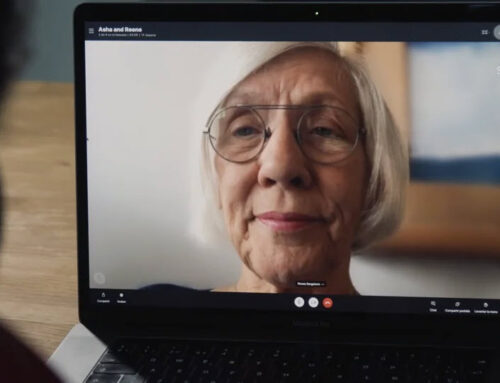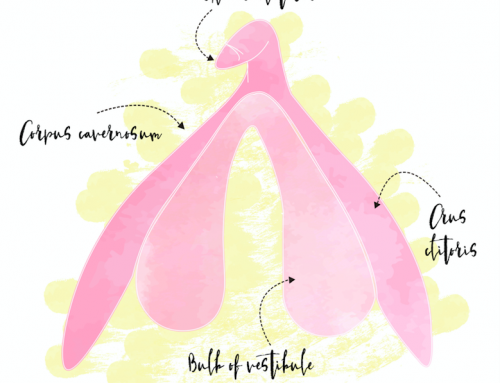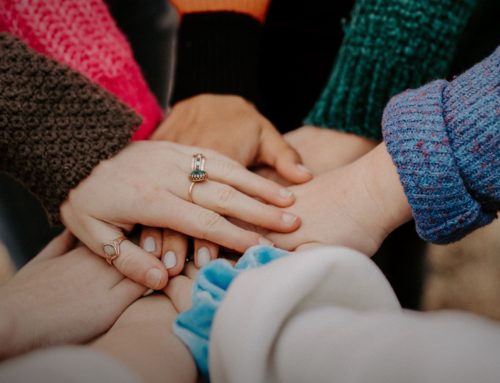2021, the inaugural “Workshop Kuelekea Mabadiliko” (Moving Towards Change) took place in Nairobi, organized by Save a Girl Save a Generation. The primary objective was to prepare future change agents for raising awareness and eradicating female genital mutilation (FGM). Over six days, a diverse group of ten women and ten men, aged between 20 and 55, from various counties in Kenya representing different ethnicities and religions, gathered in a rich and diverse environment to share ideas and experiences. Together, they addressed the identification of marginalized groups, gender equality, the roles perpetuating violence against women, and sexual and reproductive rights. Discussions also revolved around consent, respecting boundaries, and the importance of self-love and self-care.
Activities and topics addressed
1. Creating an inclusive group: To achieve this, the focus was on participants’ similarities rather than their differences. The idea was to create a safe space for open discussion and sharing experiences so that everyone could freely express their thoughts. The goal was to debunk myths and challenge misconceptions about FGM and what it means to be a “real” man or woman. Discussions included reflections on aspects within their cultures that they wished to improve, encouraging collective reflection and questioning preconceived ideas.
2. Religion and misconceptions: Sheikh Ibrahim Lethome, a specialist in Islamic Law, was a significant presence throughout the week. His role as an imam in the group was crucial in clarifying controversies stemming from misinterpretations of the Quran. To unravel these misconceptions, he addressed passages that are often confusing due to Arabic words with multiple meanings. Topics included conflict resolution in marriage (the Quran does not condone violence against women), the idea that women cannot work or be leaders in their households, marital rape, and the absence of any obligation to practice FGM. The Quran does not mandate having four wives or marrying without the knowledge of the first wife, either.
3. The Concept of marriage in today’s world: The imam emphasized that for a marriage to be blessed by God, it must be built on three fundamental pillars: honesty, inner peace, and love. He also underscored that beyond the Quranic scriptures, it is crucial to follow the example of Muhammad, who never raised his hand against any of his wives. It is necessary to reexamine the Quran and understand that these guidelines were written in a different context when women had limited rights. Today, circumstances have changed, and teachings should evolve accordingly.

Participation of law enforcement and authorities
It is vital for authorities to participate and be aware of the need to become allies to garner maximum support and visibility. During these sessions, the presence of Mr. D. Jaime Fernández-Rúa Mateo, the representative of the Embassy of Spain in Kenya and Second Head and Deputy Permanent Representative to the United Nations Human Settlements Programme (UN-Habitat), was significant. In terms of institutions, there was a recognized need for training aimed at the police force. Sensitizing this group is essential for them to be receptive to reports of sexual assaults and other forms of aggression made by women.
We have observed that these workshops effectively challenge preconceived notions that have been transmitted from generation to generation, jeopardizing the well-being of women.





Leave A Comment